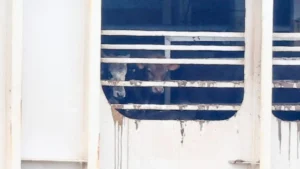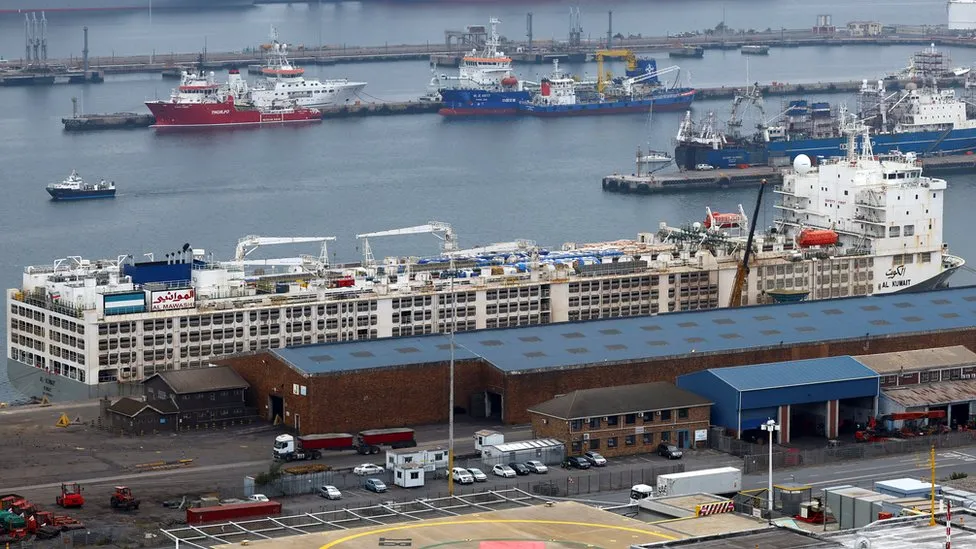Cape Town recently found itself embroiled in a contentious situation as the Al Kuwait livestock vessel, loaded with 19,000 live cattle enroute from Brazil to Iraq, stirred controversy and ignited concerns about animal welfare and live exports.
Upon the ship’s arrival in Cape Town, authorities launched an investigation into an “unimaginable” stench that had swept over parts of the city. The foul smell was traced back to the Al Kuwait, where the build-up of faeces and ammonia on board had become a cause for alarm.
Zahid Badroodien, an official in the mayor’s office overseeing water and sanitation, confirmed the source of the pervasive smell. This revelation triggered an immediate environmental health response. Animal welfare groups, including the National Council of the Society for the Prevention of Cruelty to Animals (SPCA), raised concerns about the conditions faced by the animals on the vessel.

The SPCA took action by sending a veterinary consultant aboard the ship to assess the welfare of the live cargo. Disturbingly, the consultant discovered diseased
and injured cattle during inspections. Tragically, eight animals had to be euthanized due to severe injuries, and others were found dead on board.
The 190-meter-long Al Kuwait, a Kuwaiti-flagged livestock vessel, had initially docked in Cape Town to load feed for the cattle before its scheduled departure for Iraq. However, the vessel’s presence in the city was marred by complaints from residents who described the stench emanating from the ship as “nauseating” and “overwhelming.”
The NSPCA further highlighted the abhorrent conditions on board, emphasizing the extreme build-up of faeces and urine. This incident reignited debates over the practice of live animal exports by sea, drawing condemnation from South Africa’s Democratic Alliance political party. The party underscored the perilous conditions faced by animals during such exports, including exposure to ammonia, rough seas, extreme heat stress, injuries, and unsanitary environments.
As the Al Kuwait departed from Cape Town today for Iraq with around 19,000 cows on board, the NSPCA reiterated its call for a total ban on live cattle transport by sea. They emphasized that this incident serves as a stark reminder of the suffering inflicted on sentient beings during such journeys.
Residents who endured the overwhelming odour from the ship expressed relief at its departure, describing the stench as one of the worst they’ve ever encountered. The controversy surrounding the Al Kuwait adds to the ongoing global scrutiny of live animal exports and their significant impact on animal welfare.
